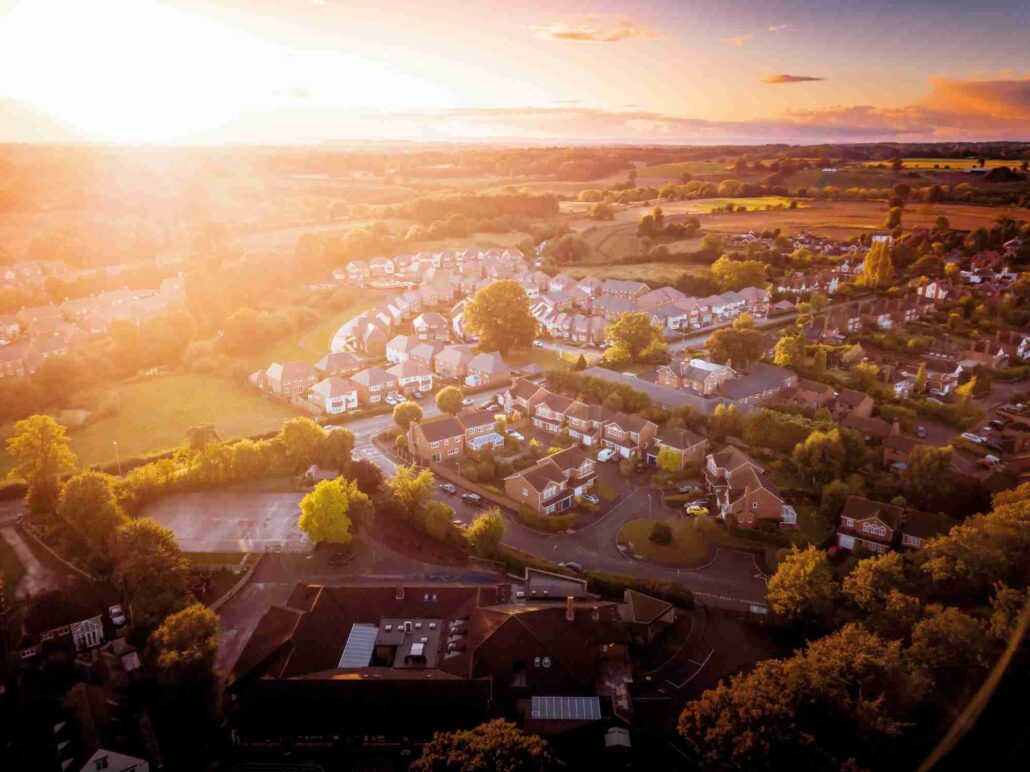
A gas distribution network preparing for the energy transition
Cadent delivers almost as much energy annually as all the electricity networks combined, providing heat and power to half of the United Kingdom’s homes and businesses. Mark Belmega, Director of Sustainability and Social Purpose at Cadent, discusses how their work impacts numerous people’s lives.
Making changes to people’s heating systems is going to be one of the biggest challenges ahead of us in delivering net-zero and we are passionate about taking customers along with us as we can’t simply impose change on people. To that end, we have been engaging with our customers to better understand what they think.
We consulted leading academics across Europe, who also helped frame our research on customers’ beliefs and attitudes towards net-zero.
As you might expect the research reaffirmed some things. Consumers see replacing their boilers as one of the hardest appliances in their home to change. A third of people stated they would never consider changing their boiler, and 40 per cent feel they do not have the information they need to make a difference. Also, consumers do not believe that heating changes are coming.
We did learn, however, some genuinely new things. While the need to provide clear and simple information is well-known, in comparison with other European countries, UK consumers are far more reliant on social media for their news, which can easily be the source of misinformation – often spreading mistrust.
Additionally, although the UK claims to have a better understanding of net-zero versus Germany and the Netherlands, less is being done to change appliances in the home. There is hope, however, with the academics confirming that all people are highly adaptable under the right circumstances.
Firstly, there is a vital role for energy infrastructure, as without a scaled, co-ordinated, and resilient infrastructure, there is no delivery of net-zero.
Secondly, change requires strong leadership with a clear vision of what we are heading towards, so that customers understand the impact on them. Our study shows that two thirds of people believe the government should play an active role in helping people to become more sustainable, but 50 per cent are sceptical that the government is giving the support needed. Younger people want to see more progress and more investment than today.
Thirdly, clear and consistent communication to drive new behaviours is vital to ensure all of society feel informed and engaged. The communication must foster cohesion and not look to create division. Significantly, 74 per cent of people in the UK do not see a clear vision and strategy for the way ahead. Plans must be credible, particularly considering the recent Damaged Politics? report, which highlighted the collapse of public trust in politics.
Finally, there was a strong feeling on the need for a clear role for the individual, on what they are
required to do and when.
From the insight we have gained, we know the transition to net-zero is not going to be straightforward, and we are going to have to make things as easy as possible for customers, especially those in vulnerable situations. We also need to do our bit and actively seek ways to decarbonise our business. We will reduce carbon emissions by investing in new engineering techniques to minimise leaks of gas and connect more biomethane and hydrogen into our network. We’ll also help consumers use less gas by having more efficient homes and support new technologies such as hybrid heating systems. This helps give customers a choice in solutions. Fundamentally, we will continue to ensure that our customers are at the heart of change.
This article was originally published in The Path To Net Zero supplement circulated alongside The House magazine. To find out more visit The Path To Net Zero hub.